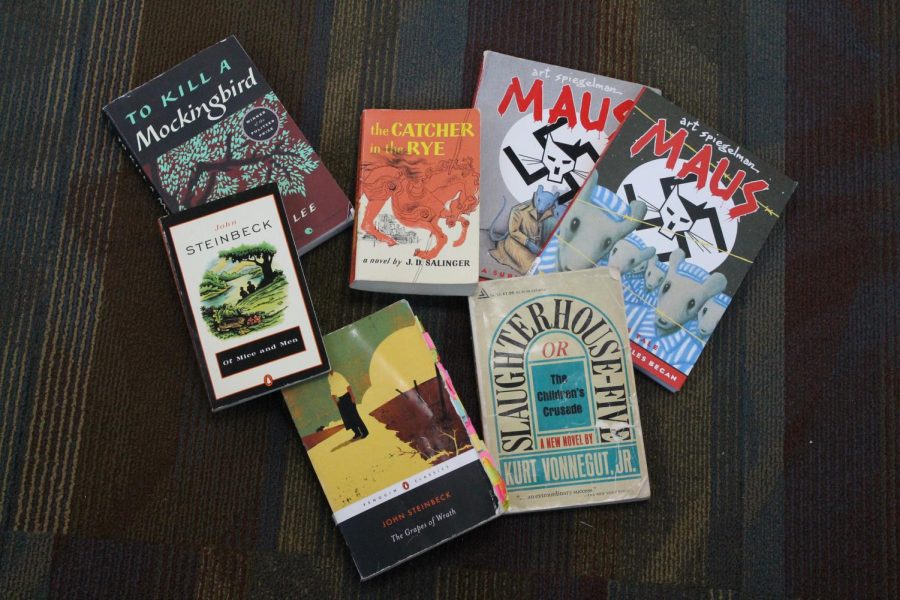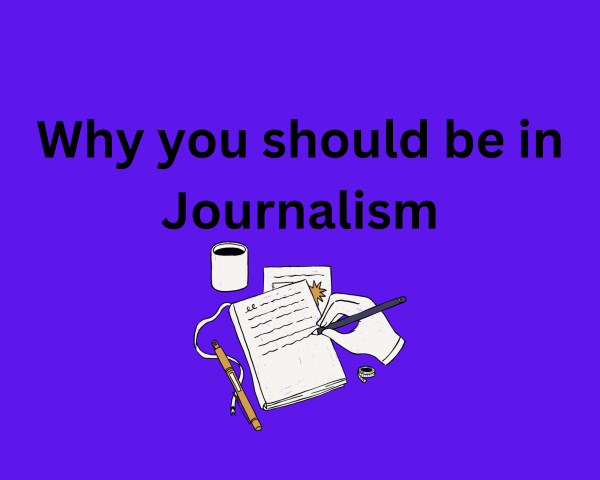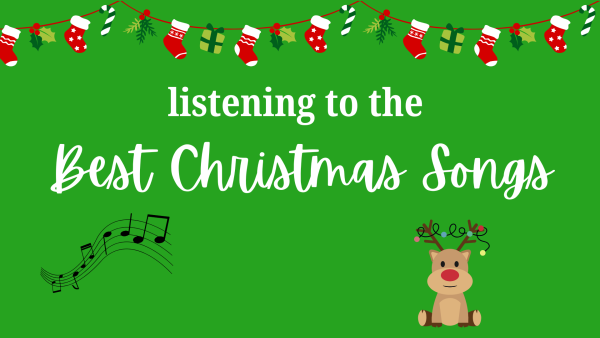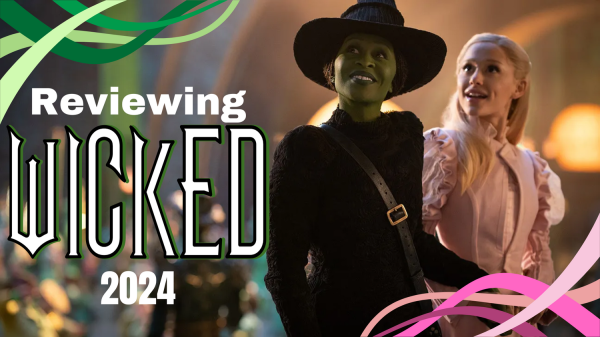Why we shouldn’t ban books in schools
Over the past century, books have been taken out of schools all over the world for a variety of reasons. Fortunately, for students in Pittsylvania County Schools there are no books specifically banned.
The idea of banning books from school’s curriculum is to protect students from the harsh reality of the books. Taking these books away may hurt the students more than it will actually protect them.
Banned books usually focus on topics that are realistic, timeless, and important to learn. If students aren’t exposed to these topics in schools, they may not be able to gain an awareness for these topics. Students need to have exposure to these tough topics so they don’t grow up lacking awareness of the real world.
Banned books teach important moments in history. Students need to learn about the history of our world from another perspective than in a history class. Like in the classic To Kill a Mockingbird, a story of hypocrisy and racial prejudice is told in an Alabama courtroom. According to the American Library Association, the two main reasons for the banning of this book are the use of racist language and the mention of rape allegations, but it tells a realistic story of life in Alabama in the 1960s. Students’ awareness of the unfair treatment in the justice system could help history not repeat itself.
The true stories of banned books inspire us. In the nonfiction graphic novel Maus, a survival story of the author’s Jewish parents during the 1930s is described. As stated in The New York Times, the novel has been taken out of schools for concerns about inappropriate language and nudity. The nudity is that of a mouse, not an actual person. This story is quite educational and can give students a new perspective of how the parents survived a horrific time.
There is more to a book than the bad language in it. Parents have gotten a multitude of books banned from school’s curriculum for the profanity in the books. A few of these include The Catcher in the Rye, Of Mice and Men, and Slaughterhouse-Five. The language used in a book can make it feel more relatable and realistic to the reader. Parents also need to realize that they can’t shelter their kids from the language they will hear in their day-to-day life. In all the books I’ve read in school, I have never seen any language that I hadn’t already heard in the halls.
Banned books have realistic and truthful stories. One of the best examples of this is The Grapes of Wrath. The novel tells the story of a family’s life that was ruined by the Dust Bowl and the Great Depression. Students can gain compassion for the people who lost everything during that time. The lack of a happy ending also makes it so much more realistic and educational for the reader.
In Conclusion
Personally, I haven’t heard a genuinely good reason for banning books in schools. It won’t protect students at all, it will probably have the reverse effect on them. All students need to learn the lessons these books teach so they can have a deep understanding and awareness of the topics.
Censoring a student’s reading isn’t protecting them, it is just a way to avoid teaching them important lessons. You may be able to censor their reading, but you’ll never be able to censor the reality they’ll face.
I have always read banned books and will continue to. I encourage all students to pick up a banned book and read away.
Your donation will support the student journalists of Tunstall High School. Your contribution will allow us to purchase equipment and cover our annual website hosting costs.

Emily Davis is a senior at Tunstall High School and this is her second year on the Trojan Messenger staff. She is always listening to Taylor Swift and...










